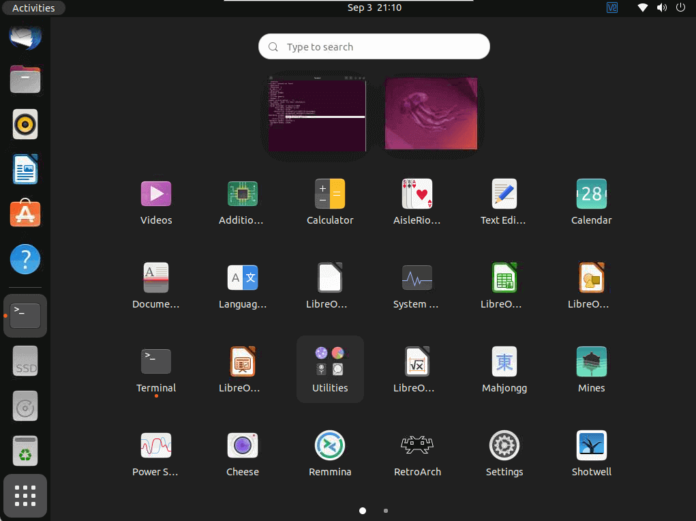The creators of Brave Browser have stated that the browser will start to prevent cookie consent notice popups, which have a negative influence on many users’ surfing experiences.
An academic study(opens in new tab) discovered that many browser popups monitor users around the internet regardless of their choice, and the anonymous browser’s Privacy Updates blog dubbed cookie consent a “infamous and nearly continual irritation” in an update.
Users of the most recent Nightly branch (and version 1.45 when it launches in October) will only need to select “yes” from a dialogue box during startup in order to block all cookie consent popups using a set of rules and filters that will be recognisable to users of web browser ad blocking extensions.
Objecting to Google’s privacy changes
Brave cited Google’s most recent round of Chrome proposals as evidence that content-blocking tools and an open web must be defended, starting with the disabling of cookie consent popups.
These adjustments include the impending migration to the Manifest V3 API, the idea to combine multiple websites into a single file using the new standard known as WebBundles, and the Privacy Sandbox initiative that is now under development

The Internet is designed to be open. On the one hand, that’s excellent since it allows users of privacy-protecting web applications like Brave to take action on their behalf and defend themselves against web annoyances and abuse. However, cookie banners show how much worse the Web will become if Google (and others) are successful in making it harder for users to block such annoyances, Brave stated in its announcement (opens in new tab).
By making existing ad blocking addons less effective and limiting users’ options for web browsers, Brave has long cautioned that these new initiatives are actually on pace to erode user privacy online.

Because it used Google’s own servers and encouraged the “AppStore-ification” of the internet, the firm particularly criticised Google’s Privacy Sandbox in January 2022(opens in new tab) as a power move intended to solidify the tech giant’s monopoly on the web.
It described the idea as “[…] a cynical one, adopting just enough of the language and colours of the privacy community to deter regulators, while in actuality benefiting Google’s monopoly, all to the cost of the Web as large.”
Brave’s submission of its concerns on Google’s improvements to the UK Competition and Markets Authority(opens in new tab) (CMA) shows that there are still supporters of an open web committed to privacy and that they won’t give up easily.


